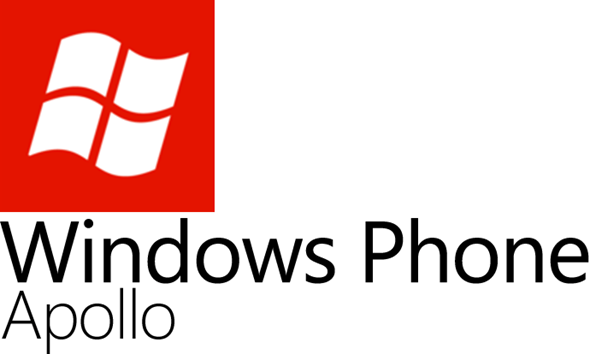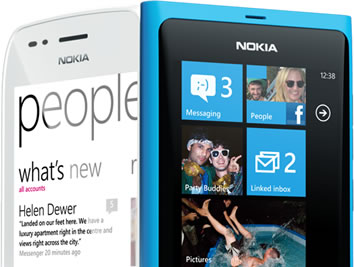An internal video acquired by PocketNow has revealed a slew of fresh details about Microsoft's upcoming handsets. In the leaked clip, Joe Belfiore, director of the Windows Phone program, describes future hardware and software changes set to occur during the next-generation smartphones, including an operating system codenamed "Apollo" that is expected to launch as Windows Phone 8.
Hardware-wise, you can expect new Windows Phones to pack multi-core processors, full microSD card support, four different screen resolutions and NFC functionality including contact-less payments (referred to as the "wallet experience"). The NFC radio will also offer tap-to-share capabilities and this will reportedly work across various platforms, including desktops, laptops, tablets and phones.
Cross-platform synergy plays a significant role in Windows Phone 8. PocketNow says it won't just share UI similarities with Microsoft's next desktop/tablet OS, but it will use many of the same components as Windows 8 (Belfiore specifically mentions the kernel, networking stacks, security and multimedia support). This will allow developers to recycle much of their code when porting apps to and fro.
The WP8/Win8 integration goes a step further by scrapping the Zune PC software for synchronizations between phones and computers. Instead, there will be a dedicated companion app. PocketNow believes this will materialize as a richer version of ActiveSync. Also, the existing Xbox Companion app will receive a partner client on Windows 8 and Microsoft is working on improved SkyDrive integration.
Skype will also be more entrenched in WP8. The recently acquired VoIP technology will soon be offered as a downloadable app on Windows Phone 7.5, but WP8 will ship with a native client allowing Skype calls to behave similarly to standard ones. Additionally, a revamped camera API will provide a "basic camera interface" that OEMs can customize with skins, viewfinders and other third-party plug-ins.

By the time its next-generation handsets launch, Microsoft expects its software marketplace to carry 100,000 apps (for reference, it reached 60,000 apps only a few weeks ago). The company wants to make it easier for developers to port their existing Android and iOS apps by enabling native code support. This will also allow for "more powerful applications," though PocketNow didn't provide any examples.
WP8 will bring a new feature called "DataSmart" that reduces and simplifies the tracking of data usage. The updated mobile OS will give precedence to Wi-Fi connections when possible and data usage can be monitored with a live tile. Web browsing will consume up to 30% less data as Internet Explorer 10 on WP8 will use a proxy server to feed compressed pages to handsets, similar to Opera Mini.
Microsoft hopes to make WP8 more attractive to enterprise customers as WP7 has been criticized for lacking corporate-level features. Among the business-friendly additions, WP8 will receive native 128-bit BitLocker support for full disk encryption, just like PC versions of Windows. The smartphone OS will also let businesses deploy proprietary software directly to handsets behind corporate firewalls.
There are plenty of improvements to be excited about. Microsoft has declined to comment on the leaked video, but Tom Warren with The Verge says he's confirmed its authenticity. Apollo is due sometime later this year. Prior to that, Microsoft will release a relatively minor update called Tango with changes largely geared toward developing markets, such as support for as many as 120 new languages.
